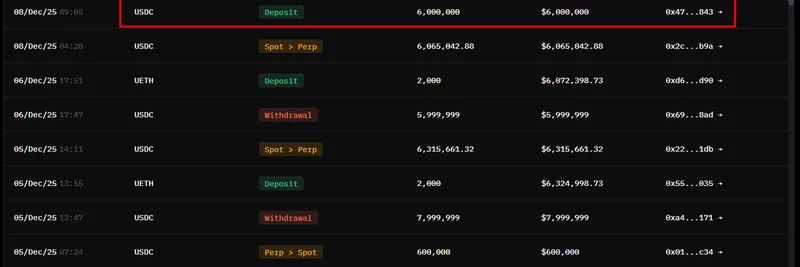Hey there, blockchain enthusiasts! If you're deep into the world of Ethereum and meme tokens, you've probably heard about the ongoing battles against malicious MEV (Maximal Extractable Value) and transaction censorship. These issues can really mess with fair trading, especially for those hype-driven meme coin launches where timing is everything. Well, a recent tweet from Shutter Network is shining a light on some cutting-edge solutions that could change the game.
Shutter Network, a project dedicated to encrypting the mempool to protect against these threats, quote-tweeted a post from Ori Shimony (@orishim), a researcher at the Ethereum Foundation. Ori was explaining how FOCIL— that's Forward-Only Conditional Inclusion Lists, a mechanism to ensure certain transactions get included in blocks without giving validators too much control—could actually make validators safer legally.
In simple terms, validators are the folks who process and confirm transactions on the Ethereum network. Under current laws, if they don't have discretion over what goes into a block, they're more like neutral pipes (think internet service providers) rather than active players who could be held liable for shady content. FOCIL helps by limiting their choices, shielding them from legal risks even if they're aware of potentially unlawful transactions passing through.
Shutter jumped in to add that mempool encryption takes this a step further. The mempool is basically the waiting room for transactions before they're picked up into a block. By encrypting it, validators can't even see the details of transactions until they're ready to be included. This means they have zero influence or knowledge beforehand, strengthening the argument that they're just passive operators.
They're advocating for what they've dubbed the "Holy Trinity" of censorship resistance: ePBS (enshrined Proposer-Builder Separation, which separates who proposes blocks from who builds them to prevent centralization), FOCIL, and encrypted mempools. This combo could make Ethereum more resilient against censorship and MEV exploits, where bad actors front-run trades or manipulate orders for profit.
Why does this matter for meme tokens? Meme coins thrive on community hype and rapid trading, but MEV can snipe those opportunities, leading to unfair advantages for big players. Encrypted mempools level the playing field by hiding transaction details until the last moment, potentially reducing front-running and ensuring more equitable access. Plus, with stronger legal protections for validators, the network becomes more robust, attracting more participants and liquidity to meme ecosystems.
Shutter links to their earlier post calling this the "Holy Trinity," emphasizing how these technologies work hand-in-hand. For more deep dives, check out their blog on debunking myths around encrypted mempools or explorations on breaking limitations with advanced cryptography.
As Ethereum evolves, innovations like these could make it a safer space for everyone, from serious DeFi users to meme token degens. What do you think—will this trio become the standard? Keep an eye on Shutter Network for more updates!


